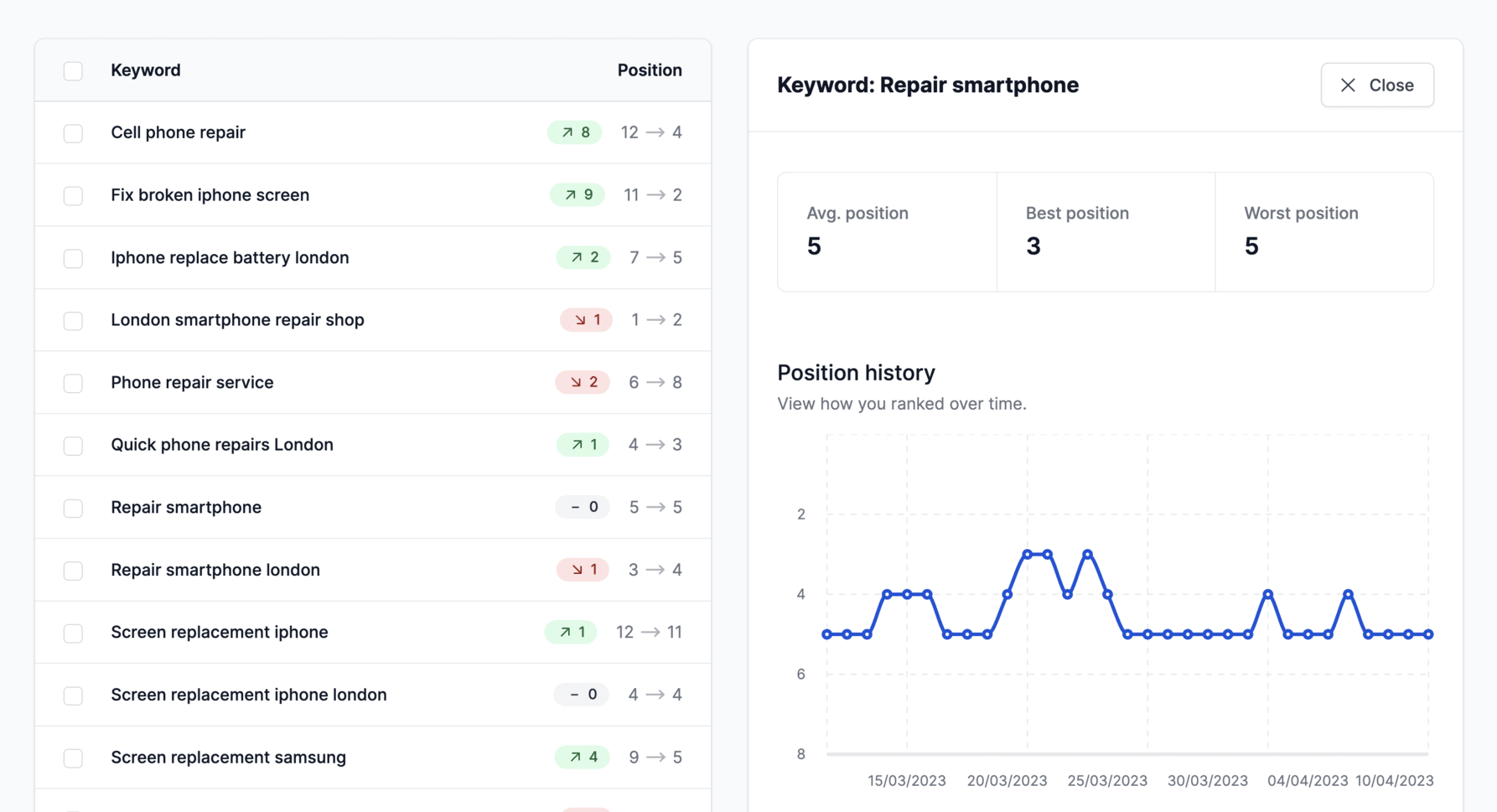Whether you’ve just posted new content, updated existing content, added SEO improvements, or published a new website, you want your new content to be ranked on Google’s SERP as fast as possible. It may not always be clear how fast Google updates their search results. In this blog post we dive a little deeper on why it takes some time for Google to update their SERP results.
How Google ranks results
To understand how often Google updates its SERP results, you must have a little understanding on how Google works.
Crawling
As you probably already know is that Google Search basically is an index for billions of webpages. Google finds these public webpages by crawling the internet. These “crawlers” are pieces of software that visit webpages and follows links. By doing so, the crawlers render your content and get additional website information. All that information gets stored in the index. The system tries to “understand” your website by analyzing keywords, the context, and a bunch of other things. This entire process of going through your site is known as indexing. Since the web is an ever-changing entity, crawlers continuously index webpages — even the ones already indexed.
Ranking results
Now that Google has indexed your website, they can show it in the search results. But when does your website gets shown? According to Google themselves, they look at five key factors to determine which results are shown for each search query:
- Meaning
- Relevance
- Quality
- Usability
- Context
Let’s quickly go over them one-by-one.
Meaning
Google first tries to understand the search query, what is the end user searching for? It tries to find the so-called “intent”. The advanced system can recognise spelling mistakes, synonyms, and the type of information the user is looking for. For example, if a user is searching for “cooking”, Google will likely serve recipes. The system even knows what keywords are currently trending. That way, Google can show more recent search results.
Relevance
The next step for Google is to find out what websites in their index are relevant for the search query. They do that by looking at the keywords on the websites and compare those to the ones in the search query. To prevent keyword abuse, Google looks further. Using machine learning and certain signals Google also finds the relevance of your page.
Quality
Now that Google has a list of relevant search results to show, they need to prioritise them. They do that based on three signals:
- Expertise
- Authoritativeness
- Trustworthiness
In a previous blog post we already talked about how Google ranks “people-first content” higher. Check out Google’s Helpful Content Update: Do’s and don’ts (Aug. 2022).
Usability
At this point Google has a list of prioritized search results. However, since the top results are relatively equal, Google looks at the usability of the pages. How is the page experience for the end user? For example, is the website mobile-friendly so an end user can view it on its mobile device? For more information about the usability of webpages check our blog and PageSpeed Insights.
Context
Google also personalises the search results to the end user that is making the search. That’s one of the reasons why the same search query can give different results for different people. Google tries to show more relevant search results based on your language, geolocation, search history and search settings. We also wrote a blog post about the effect of languages and geolocations on SERPs.
Conclusion
So, how often do Google SERPs change? As explained in this blog post, there are a few important aspects. One of them are the crawlers. Crawlers continuously index public web pages. You can speed this up using Google Search Console, sitemaps or robots.txt, we’ll talk more about that in How to let Google crawl your website. There are no time guarantees of crawlers crawling new content on your website. It can happen within one day or even weeks.
Besides (re-)indexing webpages, Google continuously checks for each search query the meaning, relevance, quality, usability, and context. All those factors change overtime, so it’s hard to give time indications. It may depend on trending keywords or even real-world events: there are many factors.
The answer to the question “How often do Google’s SERPs change?” is: continuously, but without a specific fixed time interval. That’s why it’s important to keep your content updated and check in on how the algorithm roughly works and gets updated.
Check out Google’s How Google Search organizes information and How results are automatically generated articles for more information.









